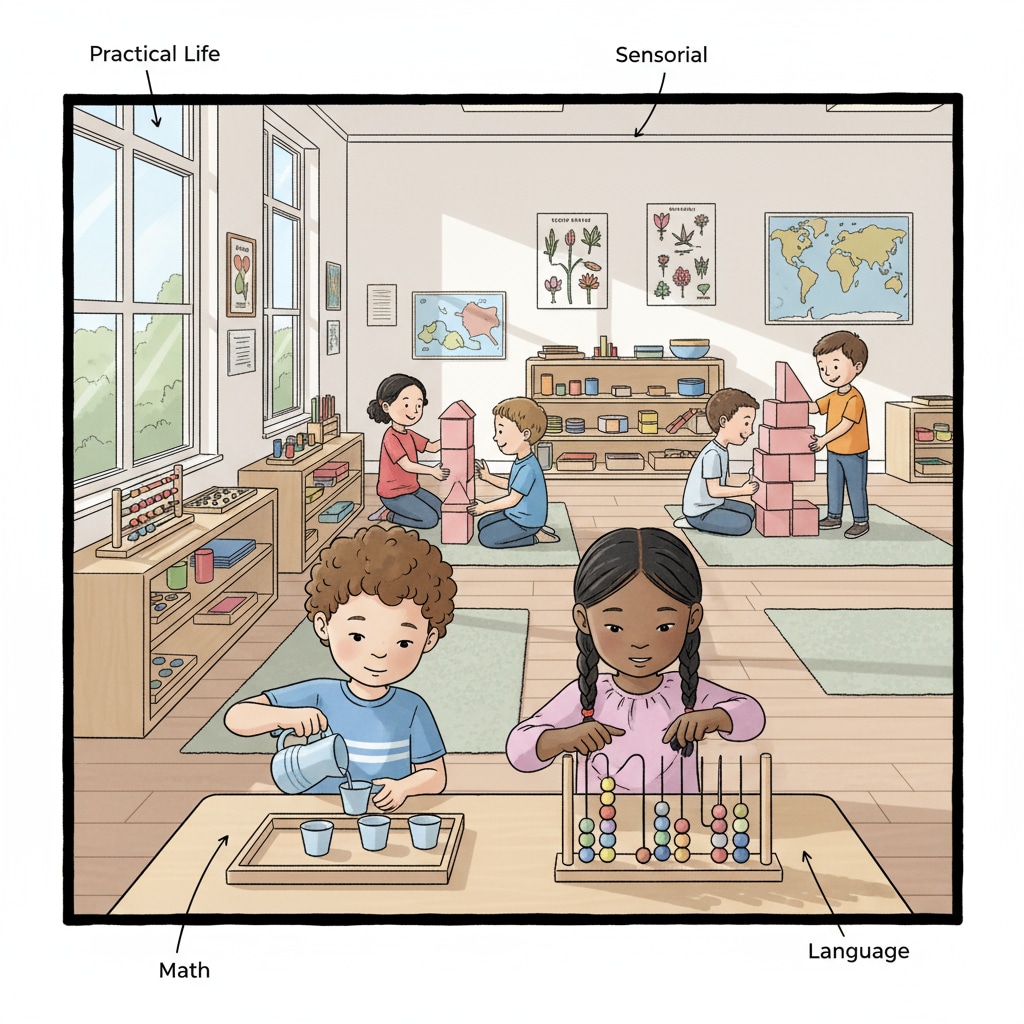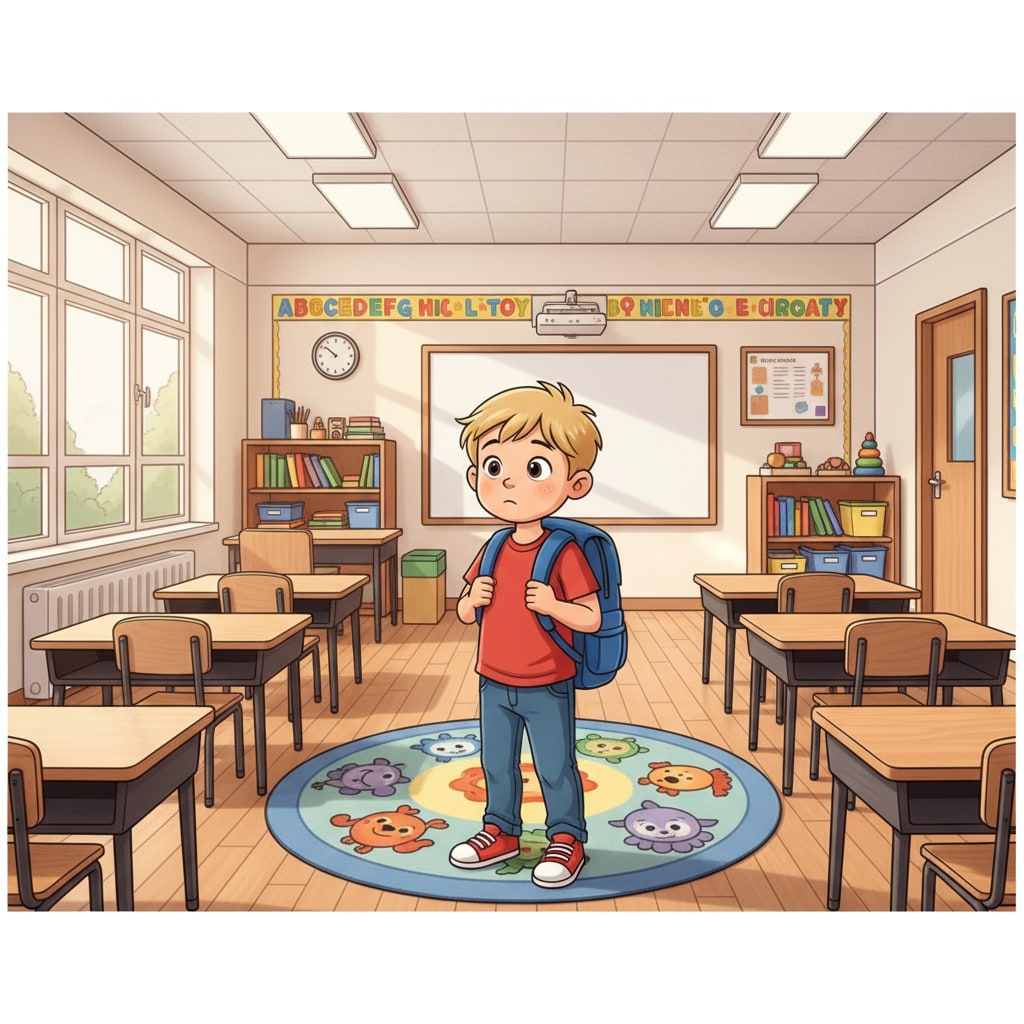Helping highly gifted young children, especially those who might be twice exceptional (2e), navigate the transition from a Montessori setting to a public school’s gifted program can be a complex yet rewarding journey. This process involves understanding the unique challenges they face and implementing appropriate strategies for a successful transition.

The Challenges of Transition for Gifted and 2e Youngsters
For highly gifted and twice exceptional children, moving from a Montessori environment to a public school can bring about several difficulties. Montessori education emphasizes individualized learning, self-paced exploration, and a multi-age classroom setting. In contrast, public schools often have a more structured curriculum, fixed schedules, and a larger student-to-teacher ratio. This shift can be overwhelming for these children. For example, a child who thrived in the self-directed Montessori environment may struggle with the more rigid routines and group activities in a public school.

Preparing for the Transition
One of the first steps in facilitating a smooth transition is to start early. Parents and educators should begin discussing the change with the child well in advance. This gives the child time to process the information and ask questions. Additionally, visiting the new school can help the child become familiar with the layout, teachers, and classmates. As a result, they will feel more at ease when the actual transition occurs. Another important aspect is to gather information about the public school’s gifted program. Understanding the curriculum, teaching methods, and available resources will enable parents to better prepare their child. Resources on Understanding Special Needs
Once the child has started at the public school, ongoing support is crucial. Teachers and parents should work closely together to monitor the child’s progress. Regular communication can help identify any issues early on and address them promptly. In addition, providing extra support in areas where the child may be struggling, such as social skills or academic work, can make a significant difference. For instance, if a child is having trouble making friends, arranging playdates or joining after-school clubs can help improve their social skills. Education Resources for Gifted Children
Readability guidance: Throughout the article, short paragraphs and lists are used to summarize key points. Each H2 section provides a clear focus, and transition words like “however,” “therefore,” “in addition,” “for example,” and “as a result” are used to connect ideas and improve the flow. The passive语态 is minimized, and the sentence length is kept within the recommended range to enhance readability.


